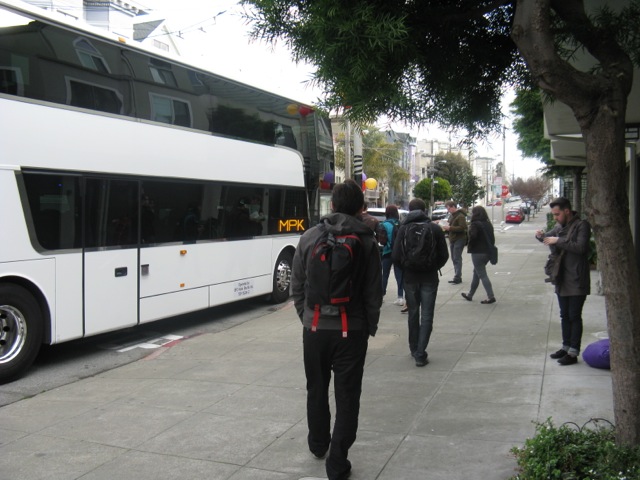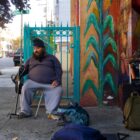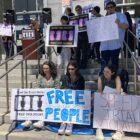Does Google feel class guilt?
The Mountain View-based search giant said last week that it would donate millions to a city program that provides bus passes, gratis, to thousands of San Francisco’s working class and low-income kids. The move comes none too soon, as the income gap between regular Muni riders and those who can afford other transportation modes reached a record high.
It was the same week that the Brookings Institute released a national report detailing the growing earnings divide in cities across the nation. It found that the gap between San Francisco’s rich and poor grew faster than in any other American city between 2007 and 2012.
Google has also pledged to fund Bay Area nonprofits working to improve local communities through its Bay Area Impact Challenge. Google plans to bankroll 25 regional nonprofits to do innovative projects and will announce the winning proposals in May. The top finalists will receive grants of up to $500,000, tech support and office space.
“Google is demonstrating with real action and real resources that they are a true partner in addressing our city’s affordability crisis for lower and middle-income families,” Mayor Ed Lee said, as reported on the KQED News Fix blog.
Though undoubtedly a huge benefit to poor families, free Clipper cards for low- and moderate-income young people do not address the heart of San Francisco’s affordability crisis: skyrocketing rent and thousands of lower- and middle-income earners shut out from the high salaries of San Francisco jobs requiring specialized skills. This income disparity represented the second-largest income divide in the country, the San Francisco Chronicle reported.
Some local organizations are working on the ground to address this issue by carving out spaces for low-income workers in San Francisco’s hot tech sector. The Mission Economic Development Agency is at work to address the San Francisco’s rising income inequality by connecting young people to a 12-week “Mission Techies” training program, and inviting technology giants such as Twitter and Square to discuss how they can hire more locals.
But is it unfair to fear that, even after months of training, these young people will have a difficult time competing for highly coveted positions at the new Twitter tech hub in the rehabbed art deco 1355 Market Street? Is it unfair to fear that Google might struggle to hire San Franciscans without college degrees en masse — free Clipper card or no?
Google may become a “true partner in addressing” the fastest-growing class divide of any American city. But in this case, the chasm between those riding the Google bus daily and those with Google-subsidized bus passes looms inexorably larger every morning as we all take class-segregated rides to work.










